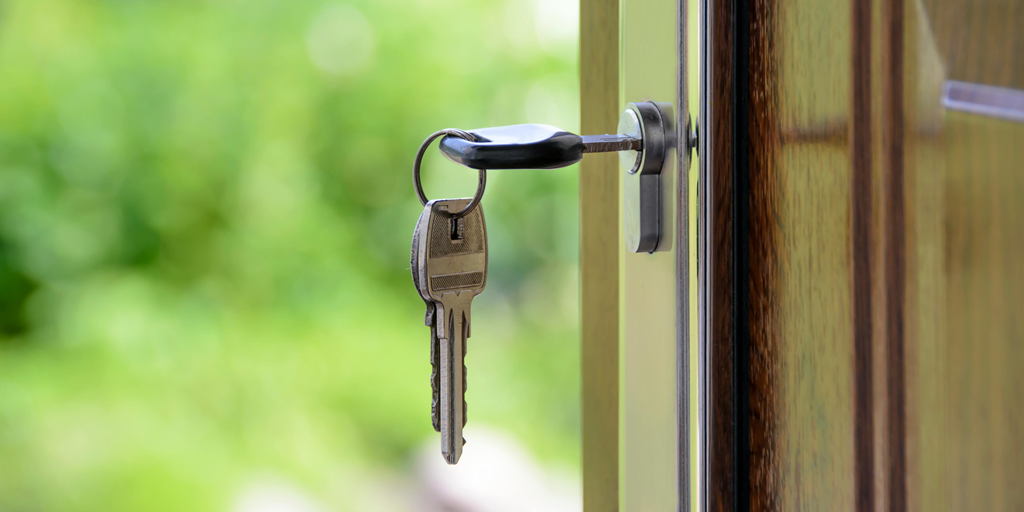The Government has responded to the views of farmers and the motor industry who were potentially going to be negatively affected by the proposed change to the benefit in kind tax treatment of Double Cab Pick Ups (DCPUs).
What Was the Previous Guidance?
Following a 2020 Court of Appeal judgment, the guidance had previously confirmed that, from 1 July 2024, DCPUs with a weight load capacity of one tonne or more would be treated as cars, rather than goods vehicles for both capital allowances and benefit-in-kind purposes.
New Guidance
The government has recognised that the 2020 court decision and resultant guidance could have had an impact on businesses and individuals in a way that would be detrimental to the government’s wider aim to support businesses, including essential motoring, such as van drivers, and the farming industry.
- On 19 February 2024, HMRC announced that its previous guidance would be withdrawn, meaning that DCPUs will continue to be treated as goods vehicles rather than cars, and businesses and individuals can continue to benefit from its historic tax treatment.
The government has made it clear that it will be legislating to ensure that DCPU vehicles continue to be treated as goods vehicles for tax purposes and will consult on the draft legislation to ensure that this is achieved, before introducing it in the next available Finance Bill.
Tax Implications
The tax on the benefit-in-kind will now not increase, when employers provide such vehicles to their employees.
In addition, the capital allowances available in the first year of use will now not be reduced when a business purchases this vehicle for use in their trade.
The Exception
This update is only with reference to DCPUs with a payload of one tonne or more. DCPUs with a payload of less than one tonne will continue to be treated as cars.
Additional Information
If you would like to discuss any matters in relation to Double Cab Pick Ups, raised in this article, please contact Paul Webb: hello@dixcartuk.com





